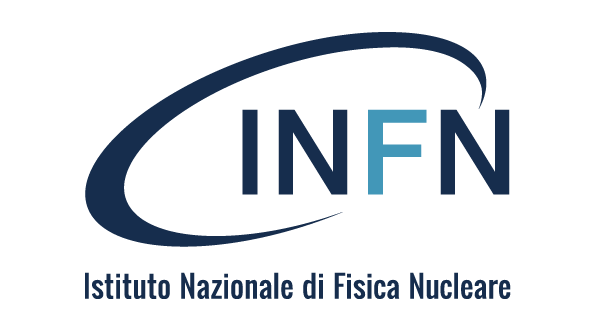PEOPLE
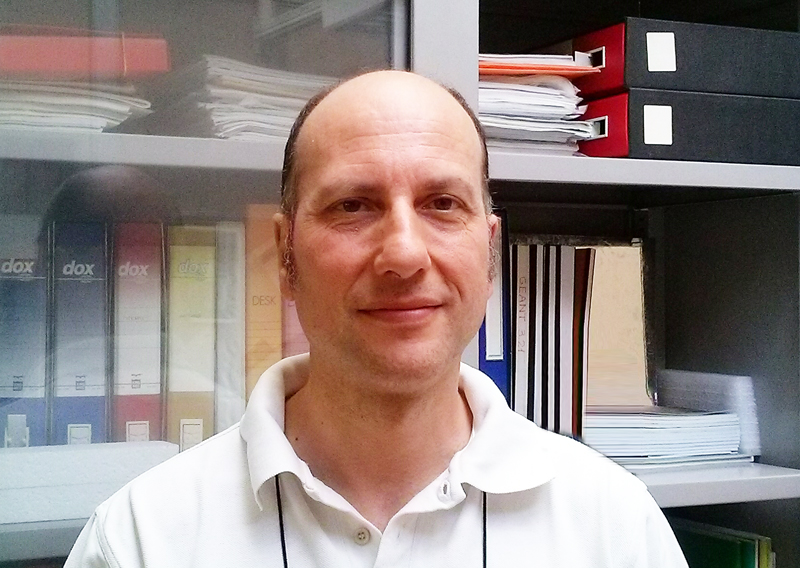
PRESENT AND FUTURE OF ENERGY FROM NUCLEAR FUSION AND INFN CONTRIBUTION TO RESEARCH IN THIS FIELD
Interview with Marco Ripani, researcher of the INFN Genoa Division, who has been working on energy-related topics for some years and is involved in the INFN-Energia strategic project
Having a clean and unlimited source of energy, by reproducing in the laboratory the same nuclear reactions that fuel the stars: this is the goal of scientific research on nuclear fusion, which has seen increasing global investments and initiatives in recent decades. This has given rise to ambitious international projects, such as ITER, which is expected to lead to the construction of a demonstrator for a fusion reactor in Europe by 2025. Another ambitious project is the one carried out in the United States, at the National Ignition Facility of the Lawrence Livermore National Laboratory in Berkley, California, which has just obtained an important result, unveiled last December 13 by the US Department of Energy (DoE), during a live streamed press conference, followed all over the world. The researchers of the Livermore Laboratories have succeeded in the enterprise of obtaining net energy from a nuclear fusion process, with the technique of inertial confinement using two isotopes of hydrogen, deuterium and tritium, as fuel. Unlike the system that ITER will use to ignite nuclear reactions, based on the heating of large volumes of confined plasma composed of deuterium and tritium by means of intense magnetic fields, the experiment conducted in the Livermore laboratory used powerful lasers to compress and heat a capsule containing the fuel to the point of triggering the fusion process which produced, in a very short time, more energy than that carried by the laser pulses themselves. A diversity of approach that demonstrates the great R&D work carried out on several fronts in this sector, to which INFN also contributes thanks to the skills and initiatives supported by the INFN-Energia strategic project, in which Marco Ripani, researcher of INFN Geova Division, participates. ...
What is the impact of the recent result obtained at the Lawrence Livermore National Laboratory?
For many years, efforts have been made to achieve nuclear fusion in the laboratory. In recent years, the process has been obtained from various experiments, thanks to which, by resorting to external systems, it has been possible to produce the conditions necessary to trigger the reaction, which can take place in the presence of high density in very short times (inertial fusion) or of low density over longer times (magnetic confinement), in any case, reaching extremely high temperatures.NEWS
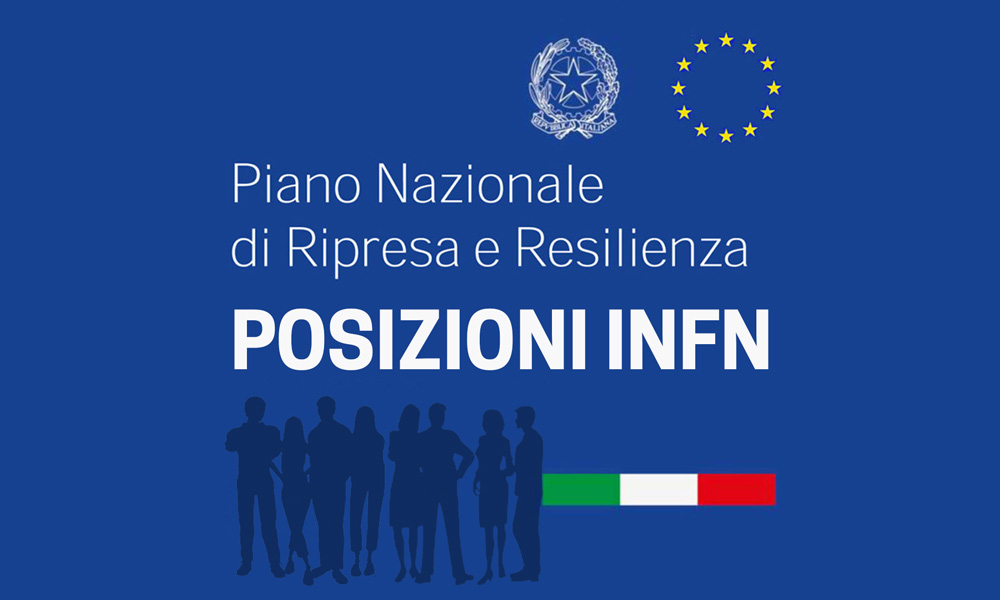
PNRR
STEM CAREERS: 203 NEW POSITIONS ALL OVER ITALY ON INFN PROJECTS
There are 203 new positions announced by the INFN for young university and high school graduates, to be recruited throughout Italy. The new recruits will work on the frontier science and technology projects financed with the National Recovery and Resilience Plan, and over 40% of them will be based in Southern Italy.

PNRR
NATIONAL RECOVERY AND RESILIENCE PLAN: IN NOVEMBER, ACTIVITIES OF THREE INFN-LED PROJECTS BEGIN
In November, kickoff meetings were held for three of the seven INFN-led projects that have been funded under the National Recovery and Resilience Plan. In particular, on the 24 and 25, the two-day work session of the ICSC National Centre for Research in High Performance Computing, Big Data and Quantum Computing was held, which brought together, both in presence and online, about 400 representatives of the project's 52 partners from both the research and business worlds at the Bologna Technopole.
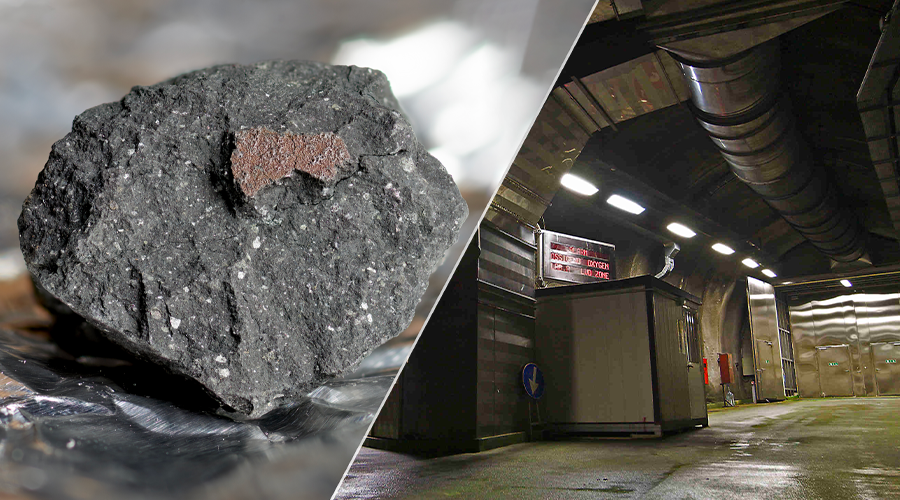
RESEARCH
NEW ANALYSES ON WINCHCOMBE METEORITE
Techniques developed in the field of astroparticle physics at INFN Gran Sasso National Laboratories have contributed to the analysis of a rare meteorite: the Winchcombe meteorite, recovered in the Gloucestershire area of England in February 2021 a few hours after its impact with the Earth's surface, a fact that allowed it to be preserved from the effects of the weather.
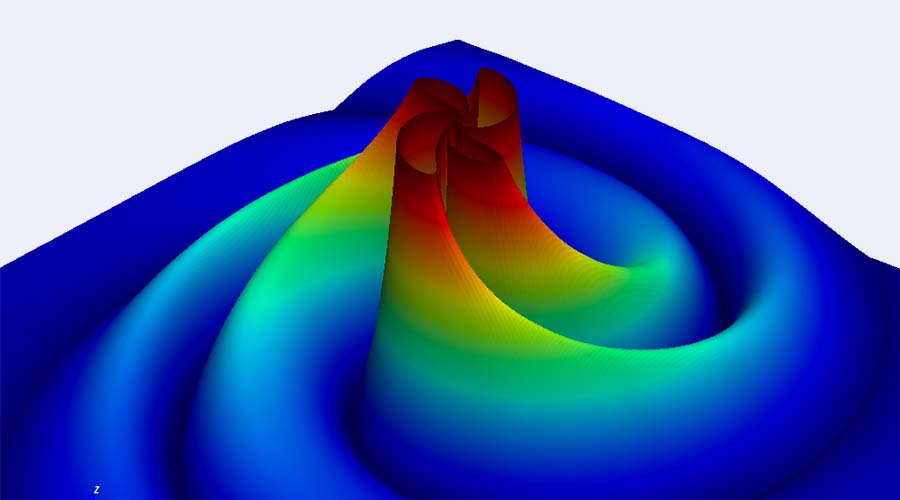
RESEARCH
ECCENTRICITY OF BLACK HOLE ORBIT AS POSSIBLE CAUSE OF ANOMALOUS GRAVITATIONAL SIGNALS
The fusion of two black holes as a consequence of a direct collision, thus not preceded by the typical spiralling found in the signal pattern detected to date by the LIGO and Virgo gravitational interferometers, could prove to be one of the ways in which these violent astrophysical phenomena occur.
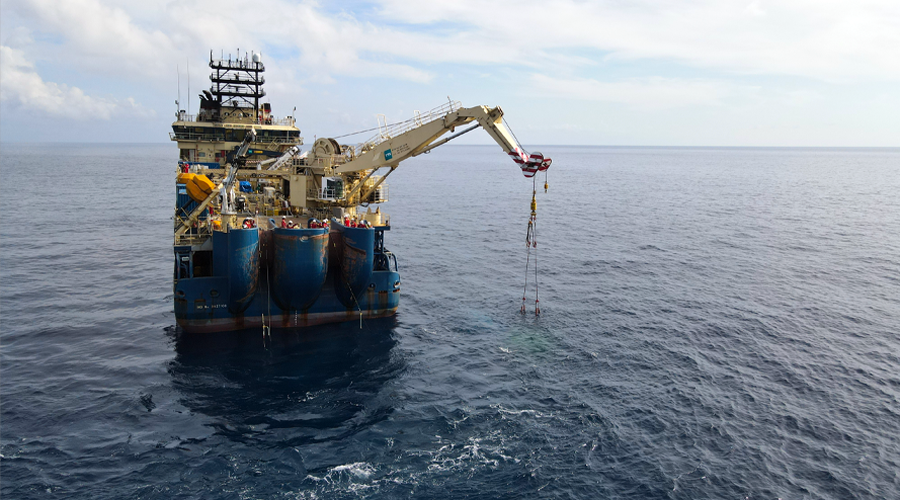
INFRASTRUCTURE
IDMAR SUBMARINE INFRASTRUCTURE UPGRADE COMPLETED
In Sicily, at Capo Passero, the upgrade of the IDMAR submarine cable infrastructure has been completed. The infrastructure will establish a connection between the land-based laboratory and approximately 100 detection units of the KM3NeT submarine telescope (in addition to the 30 or so units connected to the first submarine cable installed in 2007), and quadruple the data and electrical power transmission capacity between land and sea.

INTERDISCIPLINARY COLLABORATIONS
A NEW TELEMEDICINE ALLIANCE
INFN, ISS - Superior Institute of Health, CINECA - Interuniversity Consortium and SIT - Italian Telemedicine Society, which promoted the initiative, have entered into a collaboration agreement to promote, coordinate and carry out biomedical research using digital and telecommunication technologies in innovative ways.
FOCUS
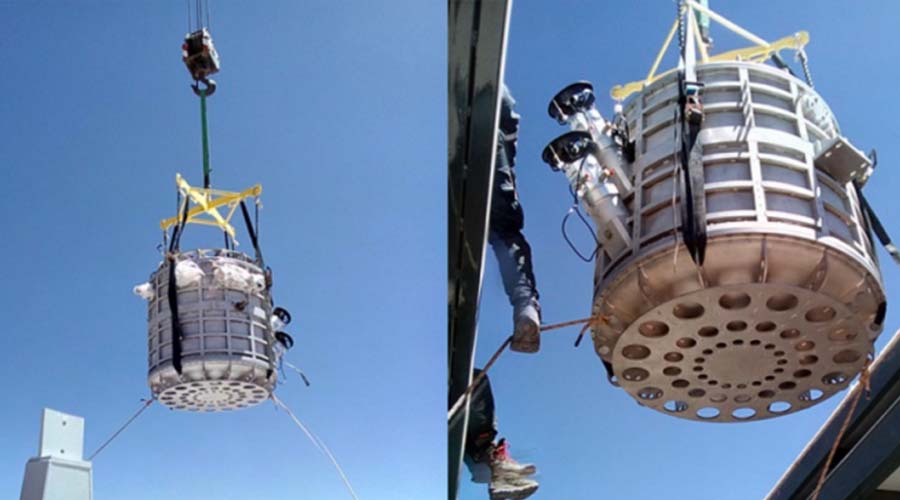 QUBIC, A NEW WAY OF STUDYING THE PRIMORDIAL UNIVERSE, INAUGURATED
QUBIC, A NEW WAY OF STUDYING THE PRIMORDIAL UNIVERSE, INAUGURATED
The QUBIC (Q&U Bolometric Interferometer for Cosmology) telescope, an innovative instrument that will observe the cosmic microwave background, the residual echo of the big bang, from a high-altitude (5,000 metres) desert site in the Argentine Andes near San Antonio de Los Cobres, was inaugurated in Argentina on 23 November. The project sees Italy as leader thanks to its scientific and technological contributions provided by INFN and the Universities of Milan, Milan Bicocca, Rome Tor Vergata and Rome Sapienza. ...
INFORMATION AND CONTACT
Images cover
Cover image: Sun, NASA
INFN - COMMUNICATIONS OFFICE
comunicazione@presid.infn.it
+39 06 6868162
EDITORIAL BOARD
Coordination:
Antonella Varaschin
Project and contents:
Cecilia Collà Ruvolo, Eleonora Cossi, Matteo Massicci, Anna Greco, Francesca Mazzotta, Francesca Scianitti, Antonella Varaschin
Design and Mailing Coordinator:
Francesca Cuicchio
Gaia Stirpe
Translation
ALLtrad
ICT service:
Servizio Infrastrutture e Servizi Informatici Nazionali INFN
